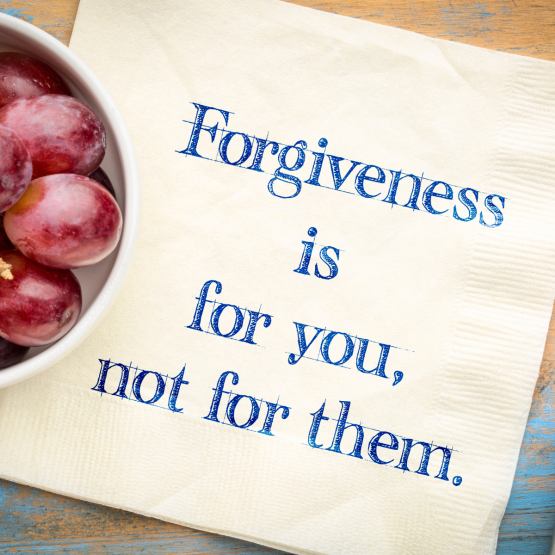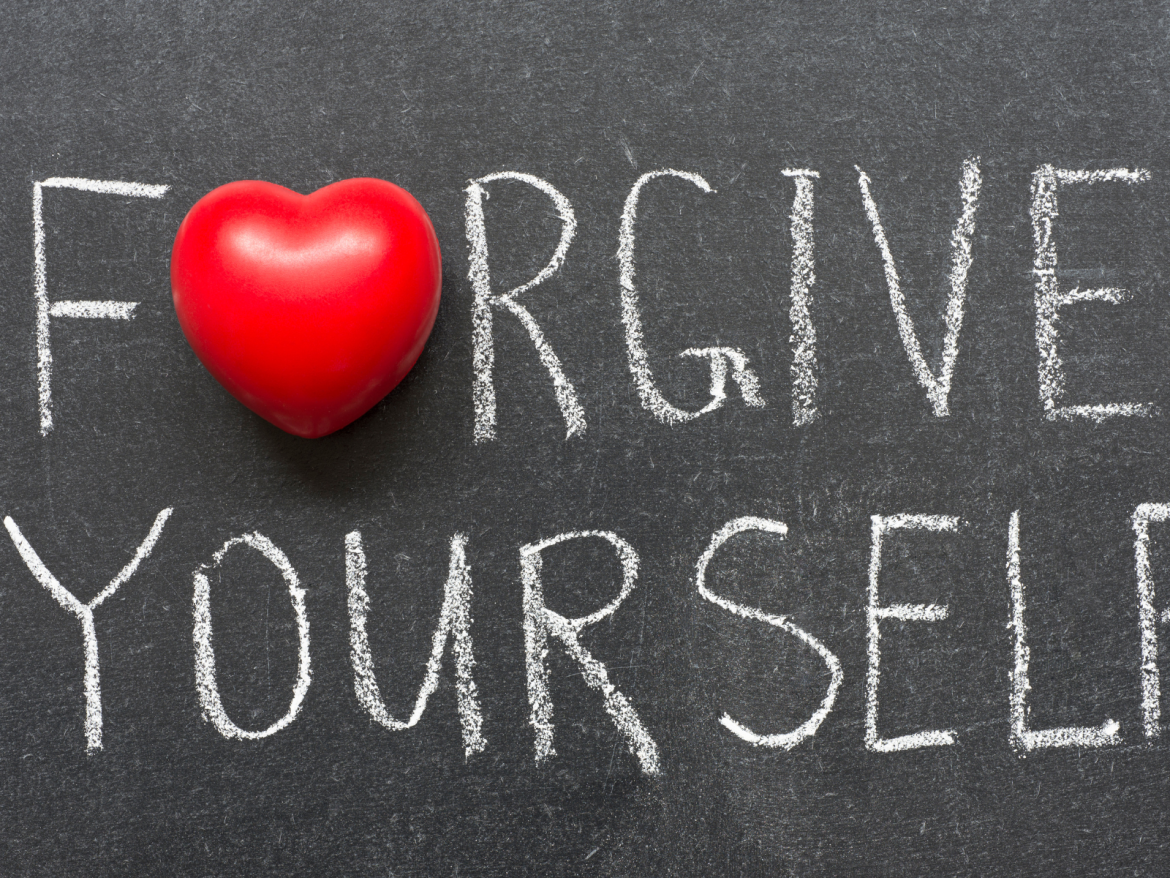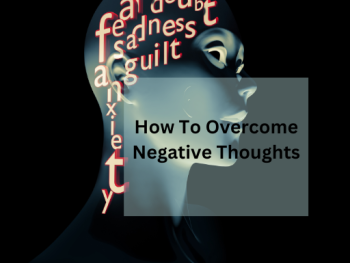
Have you ever felt the weight of anger or resentment towards someone who has wronged you? Maybe it's a friend who betrayed your trust or a colleague who took credit for your work. Regardless of the situation, holding onto grudges can be exhausting and toxic. That's why it's time to explore the power of forgiveness. In this article, we'll delve into the science behind forgiveness and provide practical strategies for letting go of anger and resentment. From forgiving others to forgiving yourself, we'll give you the tools to move forward with a lighter heart. So if you're ready to turn the other cheek and move on, let's get started.

The Benefits of Forgiveness
One of the most powerful aspects of forgiveness is its numerous benefits. Forgiveness can have a significant impact on our mental and physical health, as well as our relationships with others. Research has shown that forgiveness can lead to reduced stress levels, improved heart health, and better overall well-being. It can also strengthen relationships by creating a sense of empathy and understanding between people.
When we let go of anger and resentment, we free ourselves from the negative emotions that can weigh us down. This can lead to a greater sense of inner peace and happiness. Forgiveness can also increase our ability to feel compassion and empathy towards others, which can improve our interactions and relationships.
Most importantly, forgiveness can help us to move forward from painful experiences and find closure.
By forgiving those who have wronged us, we can release ourselves from the grip of the past and move towards a more positive and fulfilling future.
The Science Behind Forgiveness
Forgiveness is a powerful tool that can have transformative effects on our emotional and psychological well-being. But why is it so effective? Recent scientific studies have shed light on the mechanisms behind forgiveness and its many benefits.
Research has shown that practicing forgiveness can actually change the structure of our brains. When we hold on to negative emotions like anger and resentment, our brains are in a state of constant stress and tension. This can lead to a range of physical and mental health issues, such as anxiety and high blood pressure.
However, when we forgive, our brains release feel-good chemicals like dopamine and oxytocin, which can help to reduce stress and promote feelings of happiness and well-being. Moreover, forgiveness can stimulate the growth of new neural pathways, which can lead to improved cognitive functioning and greater emotional resilience.
In addition to these neurological benefits, forgiveness can also improve our relationships and social connections. When we forgive others, we are more likely to experience empathy and compassion, which can foster deeper and more meaningful connections with others.
Understanding the science behind forgiveness can help us to better appreciate its power and potential.

Practical Strategies for Practicing Forgiveness
Understanding the power of forgiveness is one thing, but putting it into practice can be a more challenging task. The good news is that there are practical strategies that can be employed to help us become better at forgiving others. One strategy is to focus on empathy and compassion. When we put ourselves in the shoes of the person who has wronged us, we may be more likely to understand their actions and motives, making it easier to forgive them.
Another helpful strategy is to communicate openly with the person who has hurt us. Sharing our feelings and concerns can help to foster a deeper understanding between us, and it may also help us to let go of any lingering anger or resentment. It's important, however, to approach these conversations with a spirit of compassion and understanding, rather than blame or judgment.
We can also practice forgiveness through self-reflection and self-care. Taking the time to care for ourselves, both physically and emotionally, can help us to cultivate a sense of inner peace and compassion, which in turn can make it easier to forgive others.
Additionally, reflecting on our own mistakes and shortcomings can help us to feel more empathy and understanding towards others who may have hurt us.
By employing these and other practical strategies, we can become more adept at forgiving others and reaping the many benefits that forgiveness has to offer.
Forgiving Yourself
We often hear about the importance of forgiving others, but forgiving ourselves is equally crucial for our wellbeing.
Sometimes, the hardest person to forgive is ourselves. We may hold onto regret and shame for past mistakes, which can hinder our ability to move forward and live in the present.
Forgiving ourselves involves self-compassion and acknowledging that we are only human. We must learn to let go of the past and focus on the present moment. Self-forgiveness also means taking responsibility for our actions, learning from our mistakes, and making amends when necessary.
Self-reflection and self-care are essential components of self-forgiveness. By taking care of ourselves physically and emotionally, we can cultivate a sense of inner peace and compassion, which in turn can make it easier to forgive ourselves. Additionally, reflecting on our own mistakes and shortcomings can help us to feel more empathy and understanding towards others who may have hurt us.
By employing these and other practical strategies, we can become more adept at forgiving ourselves and reap the many benefits that self-forgiveness has to offer.


























